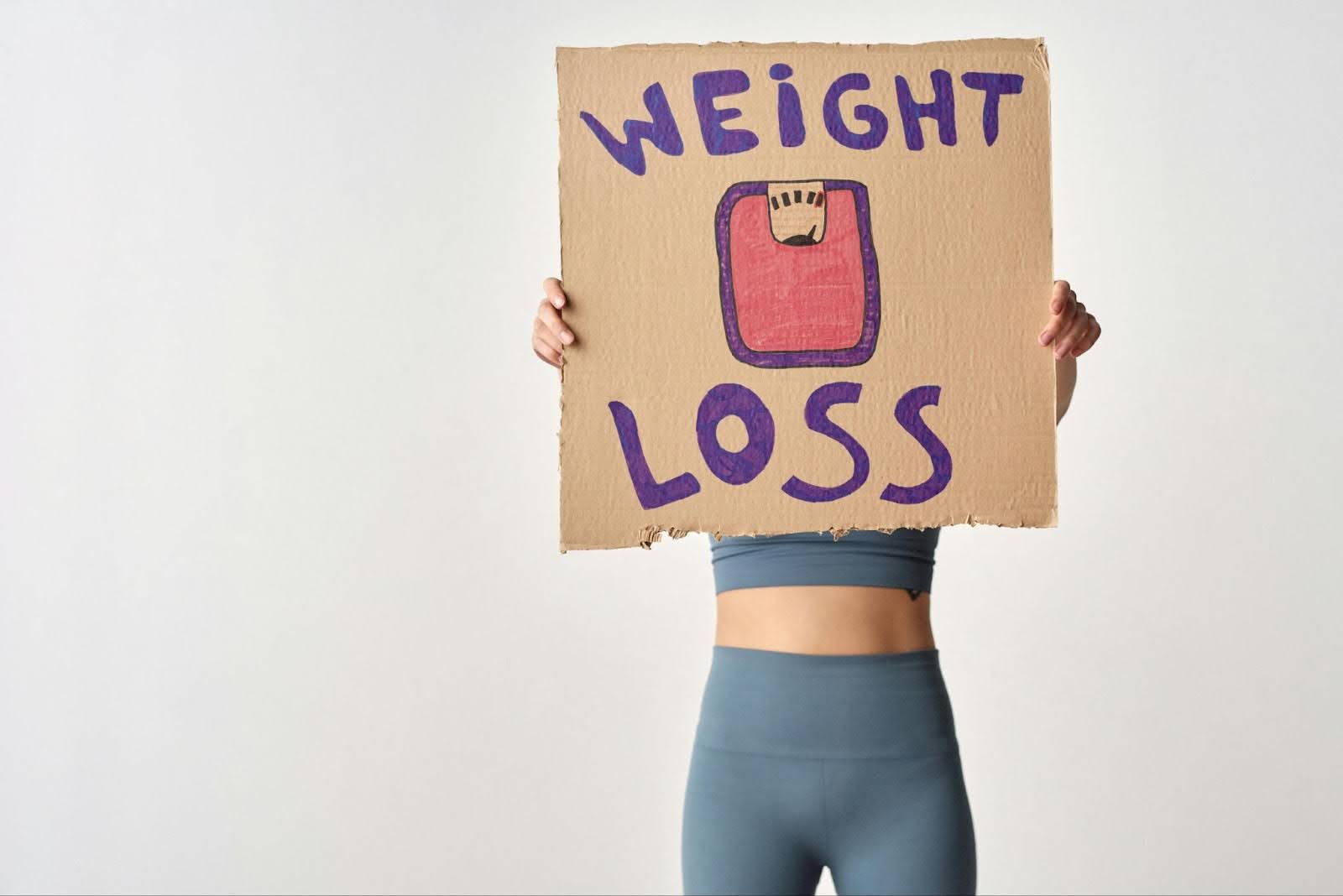Let’s address the elephant in the room straight away. When you hear “fat camp,” what comes to mind? Probably images of kids being shouted at, forced exercise sessions, and general misery. Maybe you’ve even hesitated to search “fat camp Australia” or “fat camps” because the term itself feels a bit harsh.
Here’s the thing though – while the name might sound outdated, what actually happens at modern Australian fat camps is completely different from what you’re imagining.
Reclaiming an Outdated Term
The term “fat camp” comes with a lot of baggage, doesn’t it? It conjures up memories of movies where overweight kids are sent away to military-style boot camps and made to feel terrible about themselves. Thankfully, that approach has gone the way of the dodo in Australia.
Today’s programs that still get called “fat camps” are actually sophisticated wellness experiences that focus on health and happiness rather than shame and punishment. They’ve kept the straightforward name but completely transformed what it means.
What Modern Australian Fat Camps Actually Look Like
If you walked into a contemporary fat camp in Australia, you’d probably be surprised by what you found. Instead of drill instructors and punishment exercises, you’re more likely to encounter nutritionists who teach you how to make food that tastes amazing, counsellors who help you understand your relationship with eating, and fitness professionals who help you find movement you actually enjoy.
The atmosphere is typically more like a health spa mixed with a summer camp for adults. There’s laughter, learning, and yes – proper meals that don’t leave you feeling deprived or hungry.
You might spend your morning in a cooking class learning to make a decent stir-fry, your afternoon trying paddleboarding for the first time, and your evening in a group discussion about emotional eating. It’s worlds away from what the term “fat camp” traditionally implied.
The Australian Difference
There’s something uniquely Australian about how we approach these programs. We’re not big on making people feel bad about themselves – that’s just not our style. Australian fat camps tend to embrace a “she’ll be right” mentality that focuses on progress rather than perfection.
You won’t find any public weigh-ins or before-and-after photo shoots designed to shame participants. Instead, there’s an emphasis on celebrating small wins and building confidence alongside physical health.
Maybe it’s our laid-back culture, but Australian programs seem to understand that people do better when they feel supported rather than criticised. This creates an environment where participants can actually focus on learning new habits instead of defending themselves against judgment.
Beyond the Physical
Here’s where modern fat camps really excel: they recognise that weight issues are rarely just about food and exercise. Most participants discover that their eating patterns are connected to stress, emotions, social situations, or even childhood experiences they hadn’t thought about in years.
A good program will give you space to explore these connections without making you feel like you need therapy. It might be as simple as realising that you always overeat when you’re stressed about work, or discovering that you use food as a reward when you’re feeling lonely.
These insights are gold because they help you understand the “why” behind your eating patterns. Once you know why something happens, you can start to change it.
The Community Factor
One of the unexpected benefits of fat camps is the community aspect. You’re surrounded by people who genuinely understand what you’re going through because they’re dealing with similar challenges.
There’s something incredibly powerful about being in a space where you don’t have to explain or justify your relationship with food. Everyone gets it. This creates bonds that often continue long after the program ends, providing ongoing support when you’re back in the real world.
Focusing on Health, Not Just Weight
The best Australian fat camps have moved well beyond just focusing on the number on the scales. They’re looking at overall health markers like energy levels, sleep quality, mood stability, and fitness improvements.
You might find that your clothes fit better before the scales show much change. Or perhaps you notice that you’re sleeping through the night for the first time in months. These improvements often happen before significant weight loss, but they’re actually better indicators that you’re moving in the right direction.
Making Peace with the Term
While “fat camp” might sound harsh, many programs have embraced the term as a way of taking the shame out of it. By creating positive, supportive experiences that happen to go by this name, they’re essentially reclaiming it from its negative associations.
It’s a bit like how Australians have always been good at taking potentially offensive terms and turning them into something friendlier. The name might be blunt, but the experience is anything but harsh.
Fat camps in Australia have evolved into something that would probably surprise anyone expecting the traditional boot camp approach. They’ve kept the direct name but transformed it into programs that actually help people build sustainable, healthy relationships with food and their bodies.

